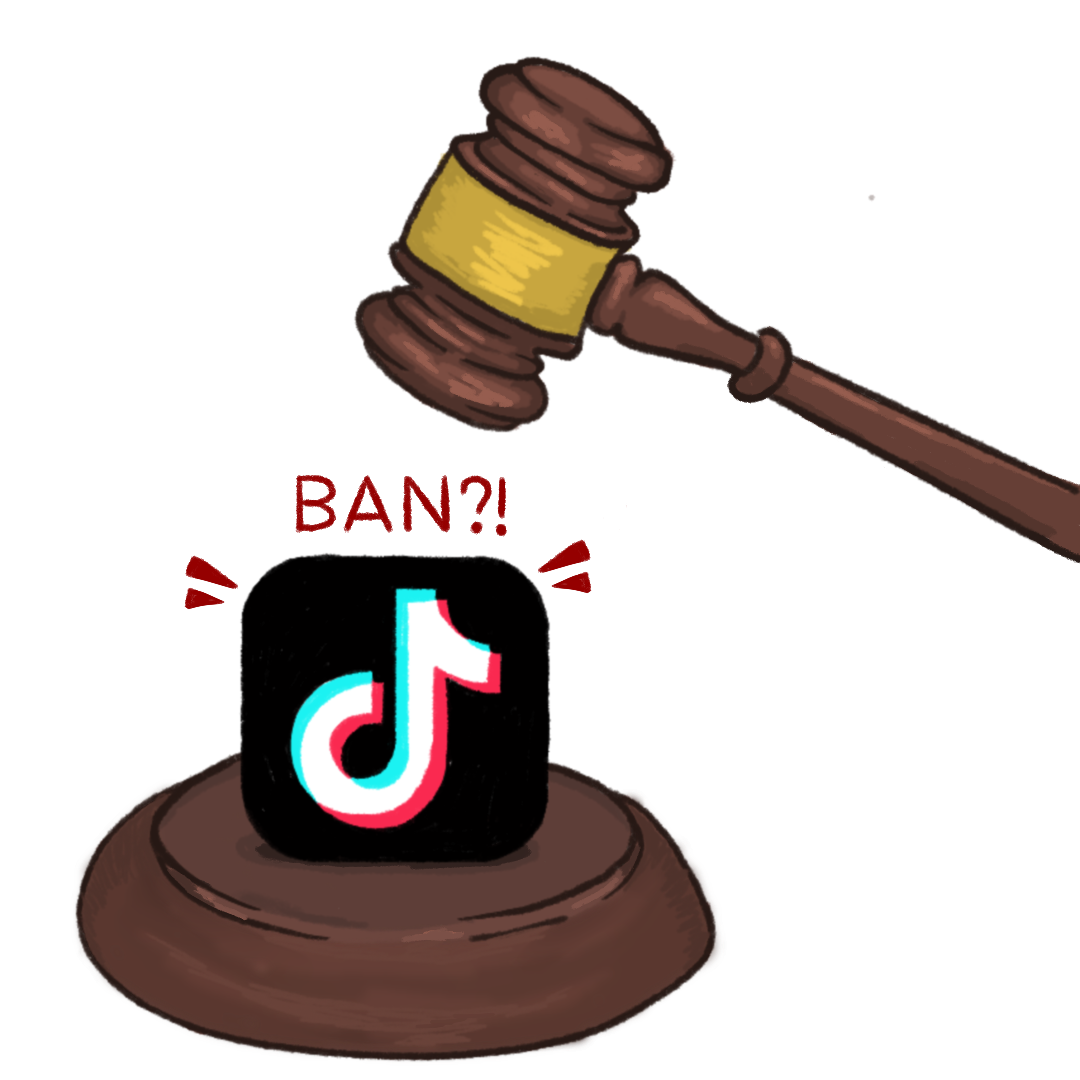The degree to which a person experiences the tragic-ness of a tragic event is determined by their proximity to it. And be- cause tragic events are a result of people experiencing them that way, it can be said that whether or not an event is tragic is deter- mined by proximity.
Thus the Civil War is reduced to a list of battle names and statistics. Thus World War I, World War II and even the Holocaust grow stale and sepia-colored. Thus life in North Korea or foreign sweatshops–or on domestic factory farms–is reduced to a series of black-and-white characters.
Thus a man in New York sets off a bomb in a public space, injuring at least 29 people. For the people injured, this is tragic. For someone reading about it in the news, it is called tragic. And for the man responsible? He could be experiencing remorse after the fact, and, through his remorse, the events may become tragic.
But as he planned it — as he built the bombs and planted them? A sane, rational person does not build a bomb without knowing what it is meant to do. So then he must somehow have been distant — alienated from the people, the society he attacked.
In the face of such events, it is rational to be angry and willing to go to any lengths to prevent such an awful thing from happening again. To be willing even to fight and kill for such an ideal, and in the pursuit of that ideal, to alienate oneself from the shared humanity that unites us all.
It is wrong to maim and kill. It is wrong to stab 10 people in a mall. It is wrong to build bombs, and it is wrong to drop them out of military jets.
But we can convince ourselves that this is not the case.
It’s easy and often desirable to do so; externalizing the action distances us from the suffering of others.
The problem with the doctrine of self-defense is that it legitimizes, and then invites, retaliation.
And while it is true that the opposite of violence is passivity, the two are not a binary pair; there is plenty of room between them to accommodate everyone.
Perhaps most importantly, there is plenty of evidence supporting the argument that nonviolent action is more effective than violent action.
That argument is not moral but academic. Scholars such as Gene Sharp have produced a huge body of work supporting the argument — one much too large to get into here — so it must suffice to say that it exists and is quite good.











